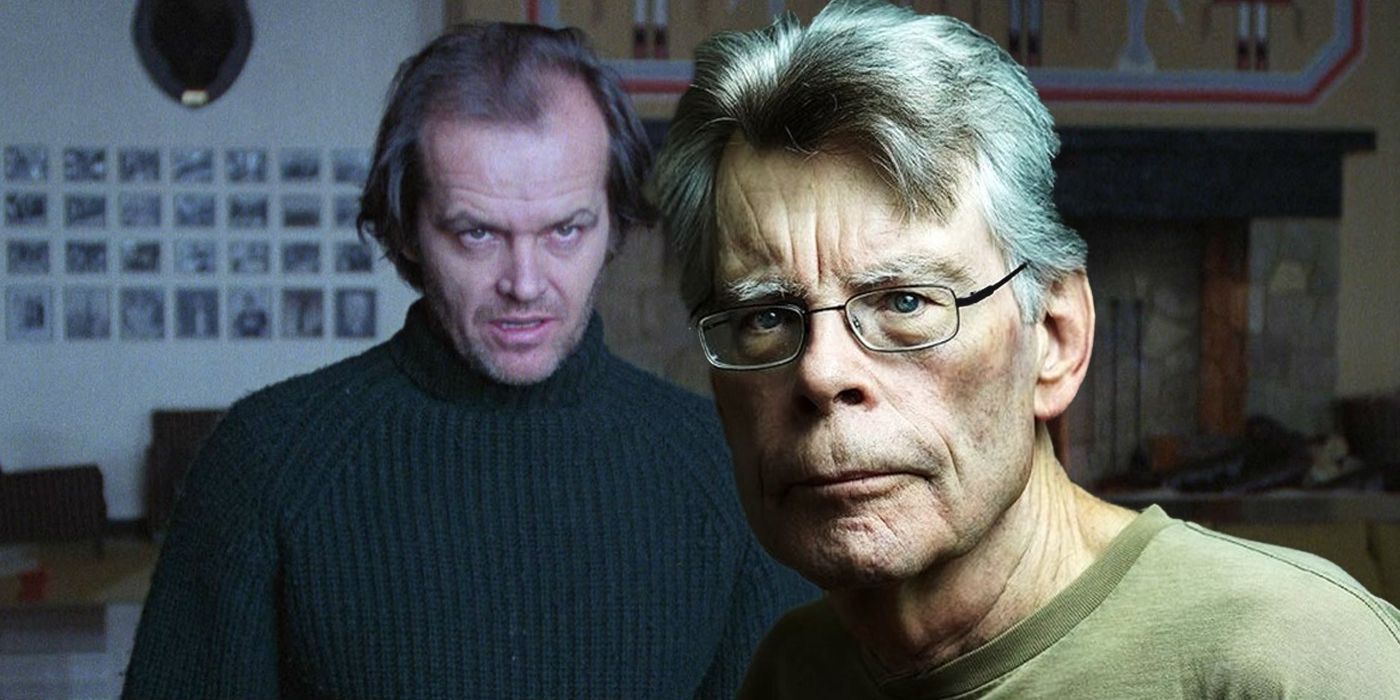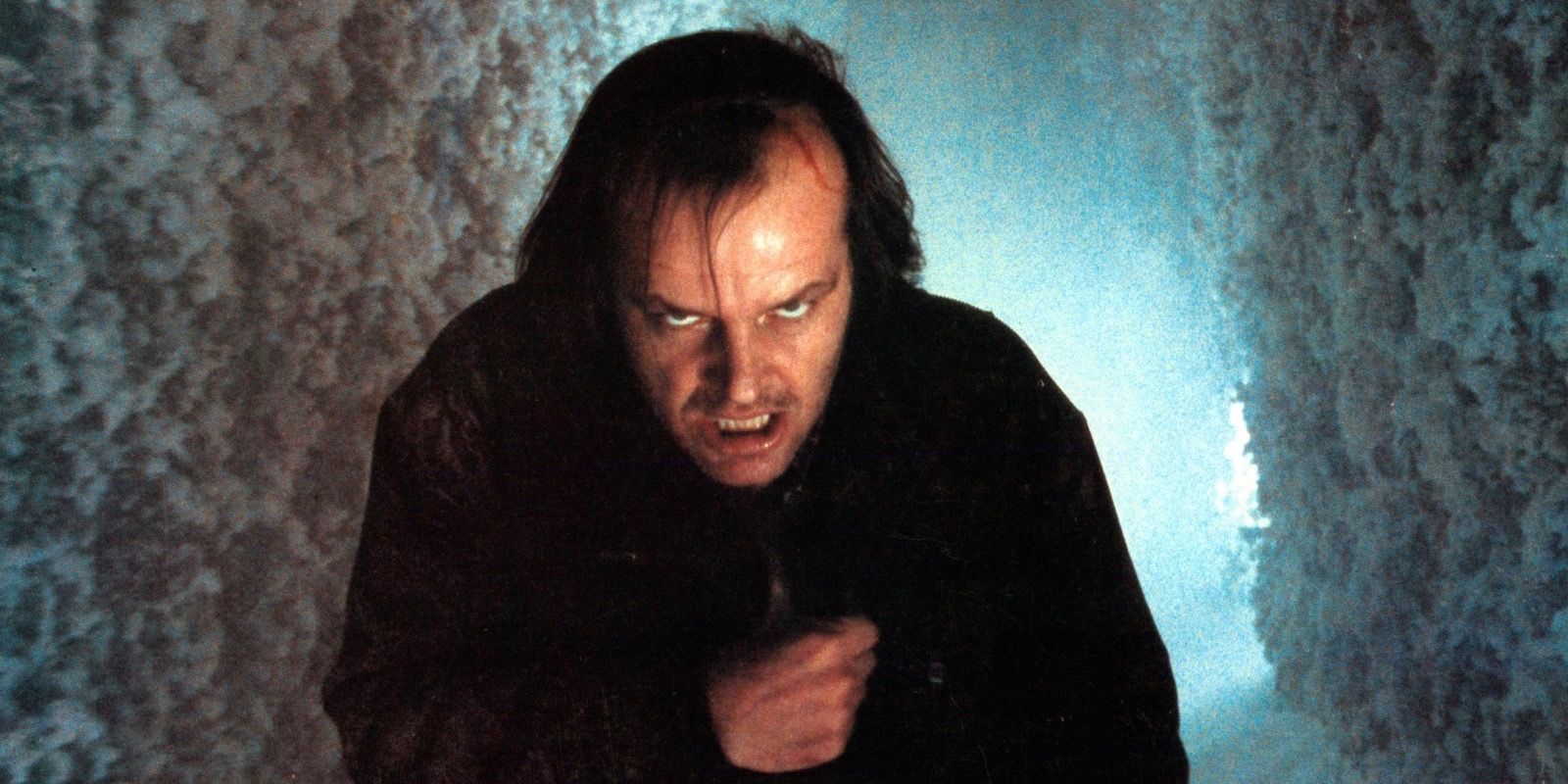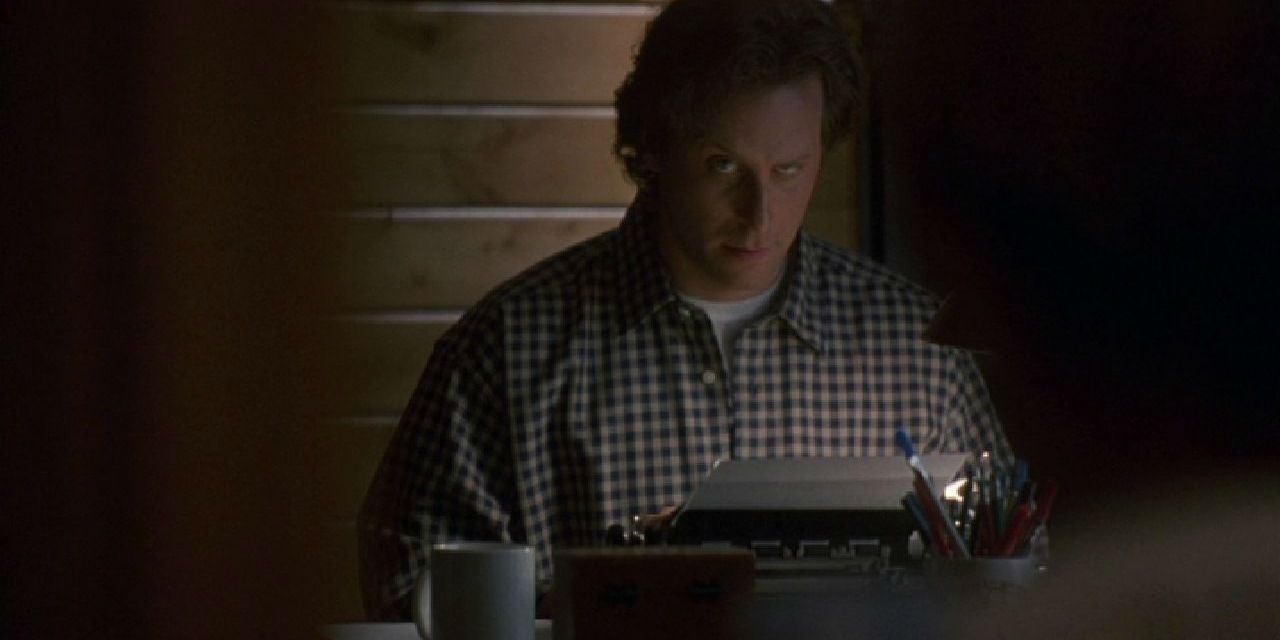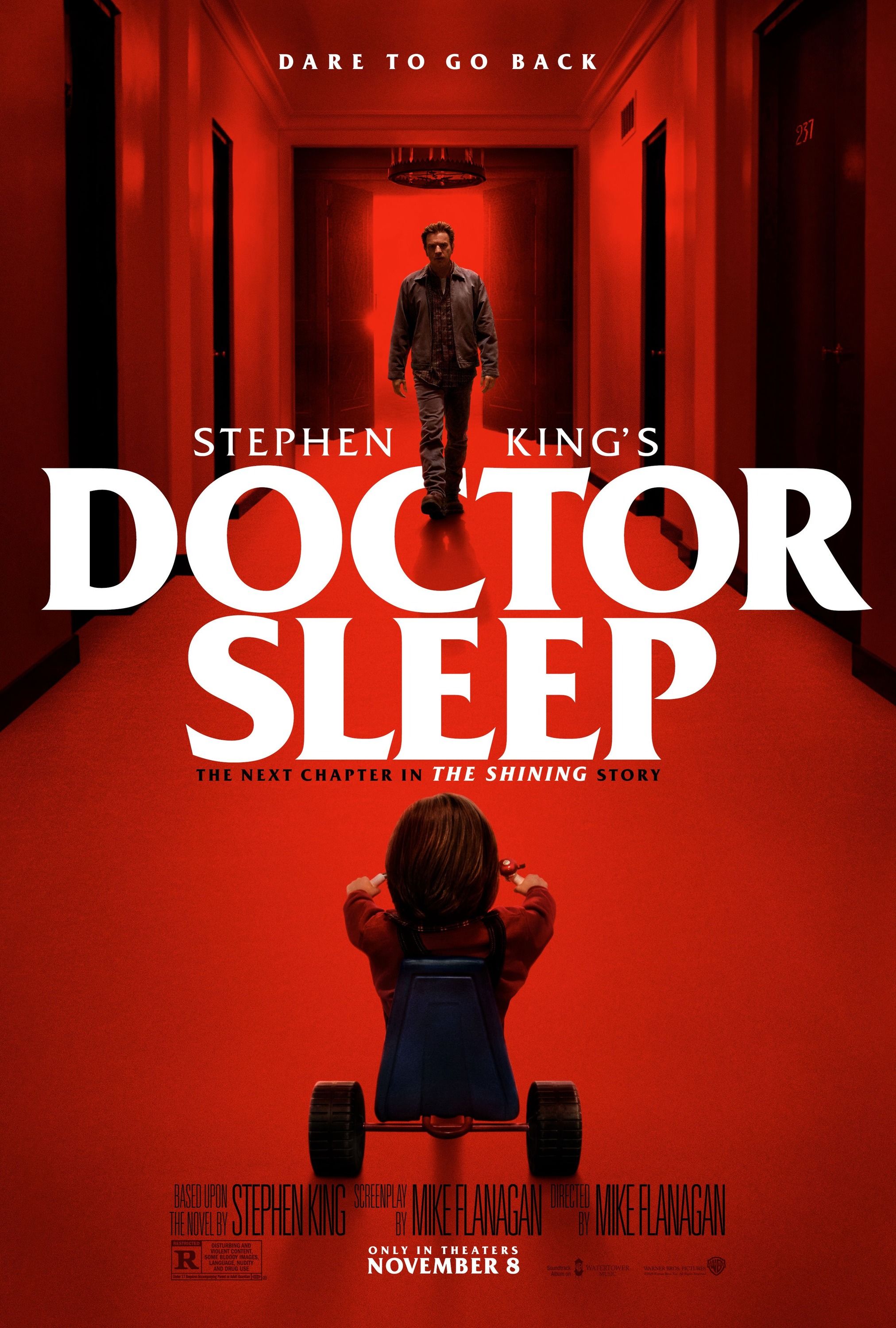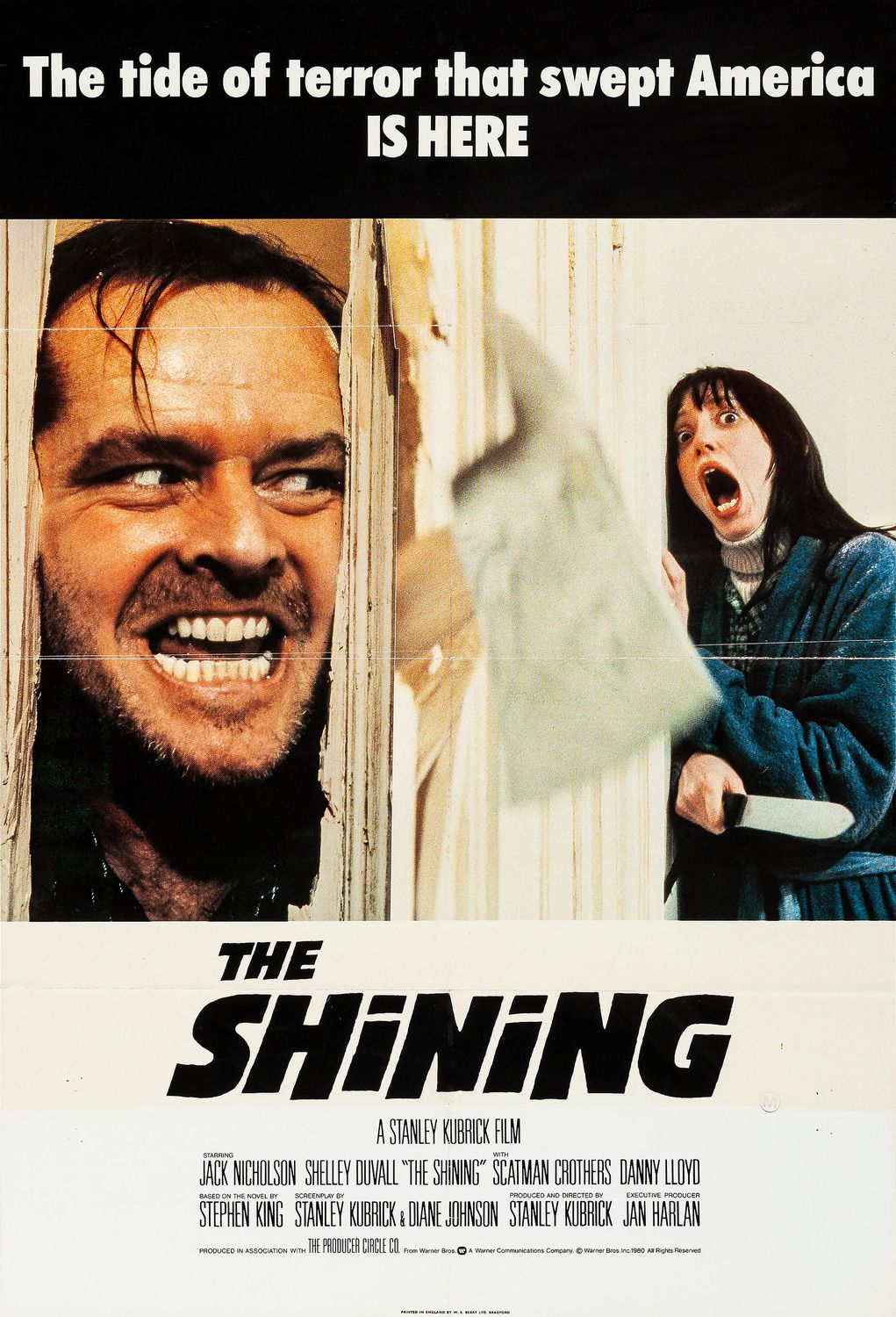Author Stephen King famously hates Stanley Kubrick's iconic 1980 movie version of The Shining, for a number of reasons. Published in 1977, The Shining was King's third full-length novel, and like most of his work, didn't take that long to become a film. This trend began early for King, who saw his debut book, Carrie, be adapted for the screen by director Brian De Palma two years after its 1974 publication. Hollywood's hunger for King's work has never really abated, with literally dozens of movies and TV shows based on his twisted oeuvre.
Amusingly, considering the exalted status it holds today, Kubrick's Shining was far from a box office hit upon release, and drew harsh reviews from many critics. As with many films though, The Shining would go on to be reevaluated by both critics and audiences, and is now rightly considered one of the greatest horror movies to ever grace celluloid. Multiple aspects of the film have become pop culture reference points (it even got a nod in IT Chapter Two), and for good reason.
Despite The Shining now being considered a masterpiece of terror by most, Stephen King isn't among that group. He's made his displeasure with the adaptation known on multiple occasions, and shows no signs of changing his mind anytime soon. When it comes to The Shining movie, King isn't a believer. Far from it, in fact. The reasoning behind that boils down to King not feeling that Kubrick captured the essence of his story.
Why Stephen King Hates The Shining Movie
King's most often cited criticism of Kubrick's Shining adaptation is the casting of Jack Nicholson. While Nicholson is a legendary actor, and his performance as Jack Torrance is perhaps the most famous aspect of the film, King has stated that Nicholson comes off as unhinged from the start. While King's Jack begins as a loving father, albeit a highly flawed one, and is slowly driven mad by the Overlook's ghosts, he feels that Nicholson's Jack appears ready to chop up his family early on, and just gets nuttier from there. Instead of Jack Torrance descending into madness, King finds Kubrick's version simply goes from crazy to murderously so.
Additionally, while King's book spends time establishing Jack, Wendy, and Danny as a family that cares about each other, the author thinks Kubrick's Shining is too emotionally cold, and doesn't give audiences a reason to care about the Torrances well-being. He also intensely dislikes the characterization of Shelley Duvall's Wendy as a meek, quickly hysterical victim, whose main recourse when Jack targets her is to weakly swing a bat. The Wendy in King's book was much more resourceful and independent. Finally, King's book ends with a satisfying but bittersweet climax in which Jack fights off his madness long enough to allow his family to escape, before causing the Overlook to explode. In Kubrick's film, Jack simply freezes to death.
Stephen King Made His Own Shining Adaptation
King's hatred of Kubrick's The Shining is so severe that, in 1997, King himself wrote and produced a TV miniseries adaptation starring Steven Weber as Jack Torrance and Rebecca DeMornay as Wendy. Naturally, this version was much closer to King's book, although in many ways that became a detriment, as the miniseries runs for over 4 hours in length and includes small bits from the book that really don't add much when told visually. Plus, while Weber is a generally fine actor, he doesn't have nearly the screen presence of Nicholson's Jack, and fails to convey the same sense of menace. King may prefer the miniseries adaptation of The Shining, but most fans consider it vastly inferior.

